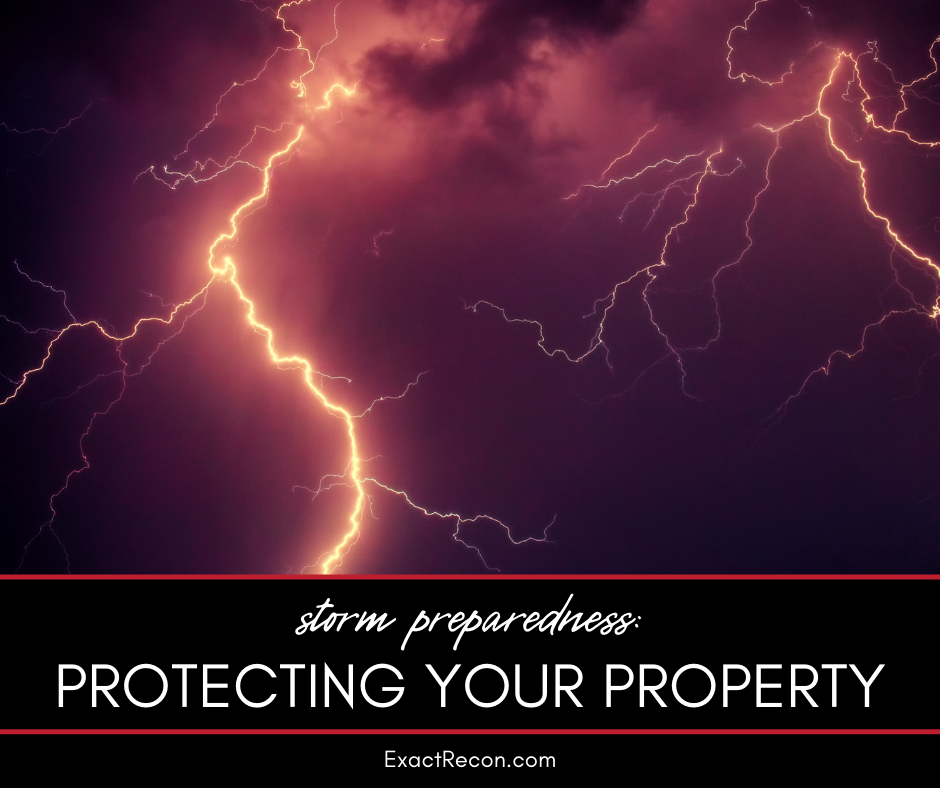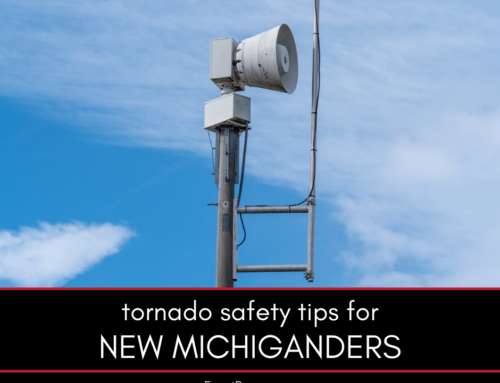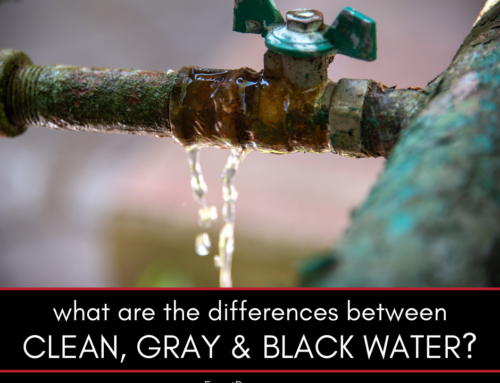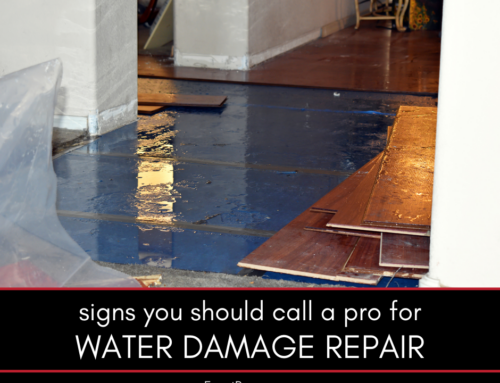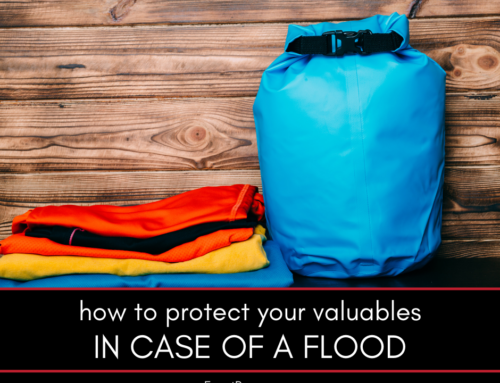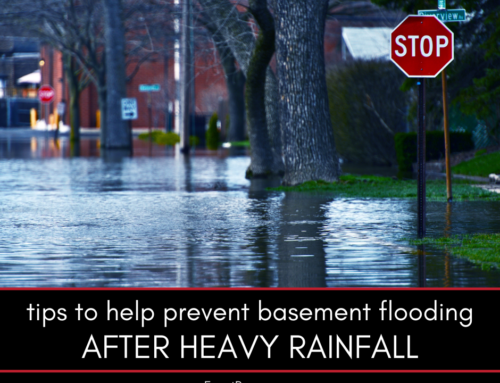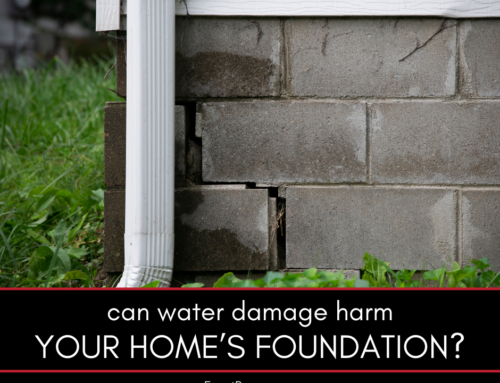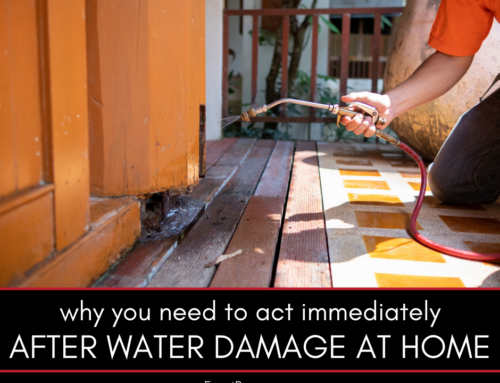Preparing for a storm is a crucial aspect of homeownership, particularly in regions prone to severe weather. Effective preparation can significantly mitigate damage and ensure safety.
Storm Preparedness: Essential Tips to Protect Your Property
This guide explains the following:
- Assessing your home’s vulnerability
- Reinforcing your home against storms
- Securing outdoor items and landscaping
- Preparing an emergency kit and plan
- Understanding insurance coverage
- Post-storm safety and damage assessment
Here’s a closer look at each.
Assessing Your Home’s Vulnerability
Start by identifying areas of your home that are most vulnerable to storm damage, such as windows, doors, and the roof. Consider a professional assessment for a more accurate evaluation.
Related: Disaster remediation information
Reinforcing Your Home Against Storms
Strengthen your home’s defenses against storms by installing impact-resistant windows, reinforcing doors, and ensuring your roof is in good condition. Also, consider adding storm shutters for extra protection.
Securing Outdoor Items and Landscaping
Secure or store outdoor items like furniture, grills, and garden tools that can become projectiles in high winds. Additionally, maintain your landscaping to prevent tree branches from becoming hazards.
Preparing an Emergency Kit and Plan
Create an emergency kit with essentials like water, non-perishable food, flashlights, batteries, and a first-aid kit. Have an emergency plan that includes evacuation routes and a communication strategy.
Understanding Insurance Coverage
Review your homeowner’s insurance to understand what is covered in the event of storm damage. Consider additional coverage for floods or other specific risks if necessary.
Related: Health risks of mold exposure
Post-Storm Safety and Damage Assessment
After a storm, prioritize safety. Avoid downed power lines and standing water. Assess your property for damage and document it for insurance claims. Contact professionals for repairs if needed.
FAQ About Storm Preparedness
Check out these commonly asked questions about storm preparedness. If you have more questions, please feel free to call us for help.
How Can I Make My Home More Resistant to Storm Damage?
Focus on reinforcing your home’s structure, particularly the roof, windows, and doors. Regular maintenance and professional assessments can also help in identifying vulnerabilities.
What Should Be Included in My Emergency Kit?
Your emergency kit should have water, non-perishable food, a first-aid kit, flashlights, batteries, important documents, and any necessary medications.
How Do I Secure My Property Outdoors Before a Storm?
Secure all loose items, trim trees, and ensure your gutters and drainage systems are clean and functional to prevent water accumulation and potential damage.
What Should I Do Immediately After a Storm?
Ensure your safety first. Check for immediate hazards like gas leaks or electrical issues. Then assess your property for damage and document it for insurance purposes.
Can Landscaping Help Protect My Property?
Yes, well-maintained landscaping can reduce the risk of storm damage. This includes planting wind-resistant trees and shrubs and ensuring proper drainage around your home.
Related: How to prepare your home for Michigan’s storm season
Proper storm preparedness involves a blend of proactive measures, from reinforcing your home to having a well-thought-out emergency plan. By taking these steps, homeowners can significantly reduce the potential impact of storms on their property. Preparation not only protects your home but also provides peace of mind, knowing that you and your family are better equipped to face severe weather challenges. Remember, the key to effective storm preparedness is starting well before the storm season begins.
Do You Need a Disaster Remediation Expert in Washtenaw County or Jackson County?
If your home has already been damaged, we can help. Check out our services and call Exact Recon for your free disaster remediation quote today. We offer:
- Water damage restoration
- Fire damage restoration
- Mold removal and remediation
- Fire and smoke restoration
- Sewer cleanup and disinfecting
- Reconstruction
- Wind and storm damage repair

